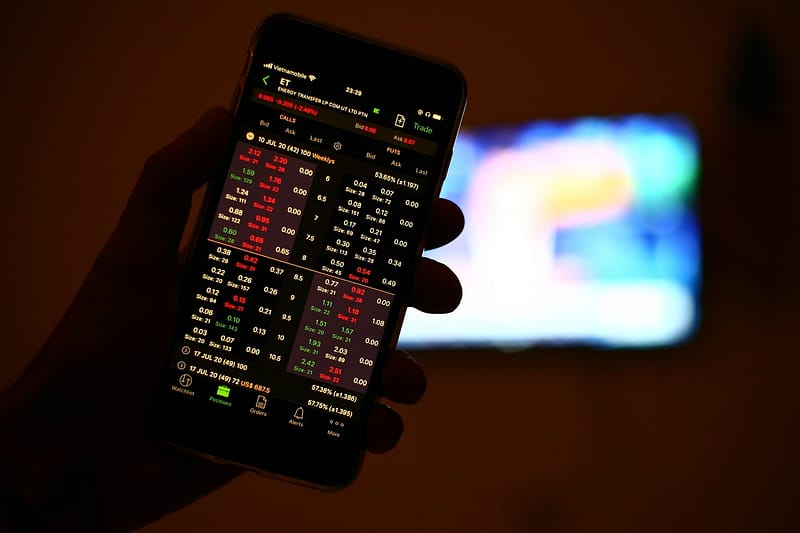Introduction
The foreign exchange market, recognized as the world’s largest and most liquid financial market, is profoundly affected by various international economic happenings and geopolitical events. For forex traders striving to benefit from market fluctuations, comprehending the repercussions of these occurrences on currency pairs is crucial. In this detailed article, we will examine the different categories of global economic events, their consequences on forex markets, and offer guidance to help traders tackle the challenges posed by these events.
Categories of Global Economic Events and Their Implications
a. Central Bank Announcements: Central banks are responsible for managing a nation’s monetary policy and upholding economic stability. Their meetings’ outcomes, such as modifications in interest rates or quantitative easing programs, can trigger considerable currency value fluctuations. Traders meticulously observe these events to forecast possible market movements.
b. Economic Data Publications: Economic indicators, including GDP growth rates, employment statistics, and inflation rates, offer insights into a nation’s economic well-being. These data publications can impact currency values as they sway market sentiment and shape expectations regarding future monetary policy actions. Traders scrutinize these indicators to assess possible changes in a currency’s strength.
c. Political Developments: Political events, such as elections, referendums, and government transitions, can generate uncertainty in the forex market since they may result in changes to fiscal and monetary policies. These events often provoke short-term volatility and can establish long-term trends based on the election results or policy alterations.
d. Geopolitical Issues: Conflicts, trade disagreements, and diplomatic tensions can also influence forex markets by affecting investor sentiment and a country’s currency stability perception. These events can lead to increased market volatility, with traders opting for safe-haven currencies or assets during periods of heightened uncertainty.
Approaches to Trading Global Economic Events
a. Event-focused Trading: Some traders concentrate on event-driven strategies, which involve executing trades based on the expected market response to particular economic events. This method necessitates a comprehensive understanding of the event’s potential repercussions and the capability to precisely predict market reactions.
b. Technical Analysis: Even though global economic events can significantly influence forex markets, numerous traders depend on technical analysis to identify trading opportunities during times of increased volatility. By analyzing historical price data and employing various indicators, traders can pinpoint potential entry and exit points, regardless of the underlying market conditions.
c. Risk Management: In light of the heightened volatility frequently associated with global economic events, adopting sound risk management practices is essential. Traders should use stop-loss orders, limit leverage, and ensure appropriate position sizing to safeguard their trading capital.
Guidelines for Handling Global Economic Events
a. Stay Updated: To effectively trade global economic events, traders must keep up with the latest news and developments. Regularly consult economic calendars, subscribe to financial news outlets, and monitor market analyses to ensure you have the most recent information.
b. Create a Trading Plan: A well-structured trading plan assists traders in maintaining discipline and avoiding impulsive decision-making during periods of market volatility. Detail your entry and exit criteria, risk management parameters, and the specific economic events you plan to trade.
c. Be Ready for Volatility: Increased market volatility is often a consequence of global economic events. Traders should be prepared for potential price swings by implementing strategies explicitly designed for volatile markets and adjusting their risk management strategies accordingly.
d. Exercise Patience and Discipline: During times of heightened market volatility, it is crucial to remain patient and disciplined. Adhere to your trading plan, avoid overtrading, and concentrate on long-term success rather than short-term gains.
Conclusion
Global economic events play a significant role in determining forex markets, and grasping their impact is vital for traders seeking to capitalize on market fluctuations. By remaining
informed, employing suitable trading strategies, and implementing robust risk management practices, traders can effectively navigate the challenges presented by these events and potentially profit from market fluctuations.
Understanding the influence of global economic events on forex markets is essential for traders aiming to capitalize on market volatility. By staying updated on the latest news and developments, creating a solid trading plan, being prepared for market volatility, and exercising patience and discipline, traders can enhance their chances of success in the forex market.
The world of forex trading is ever-changing and heavily influenced by global economic events. By mastering the art of trading these events and employing the tips and strategies outlined in this article, traders can improve their skills, manage risk effectively, and ultimately achieve long-term success in the foreign exchange market.







